
FEBRUARY 2020 (VOL.150)
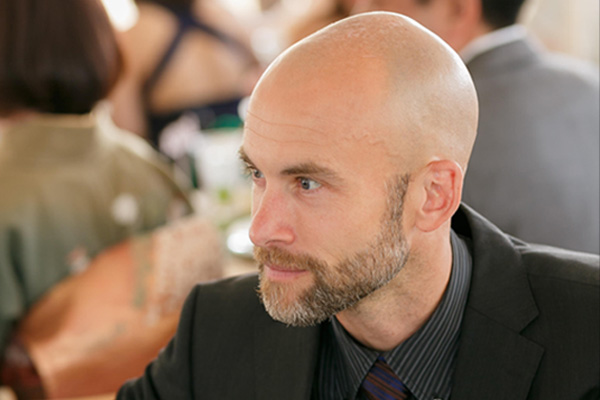
Were you hesitant to relocate to Japan?
Sure, I already had family there, but it was still a big responsibility.
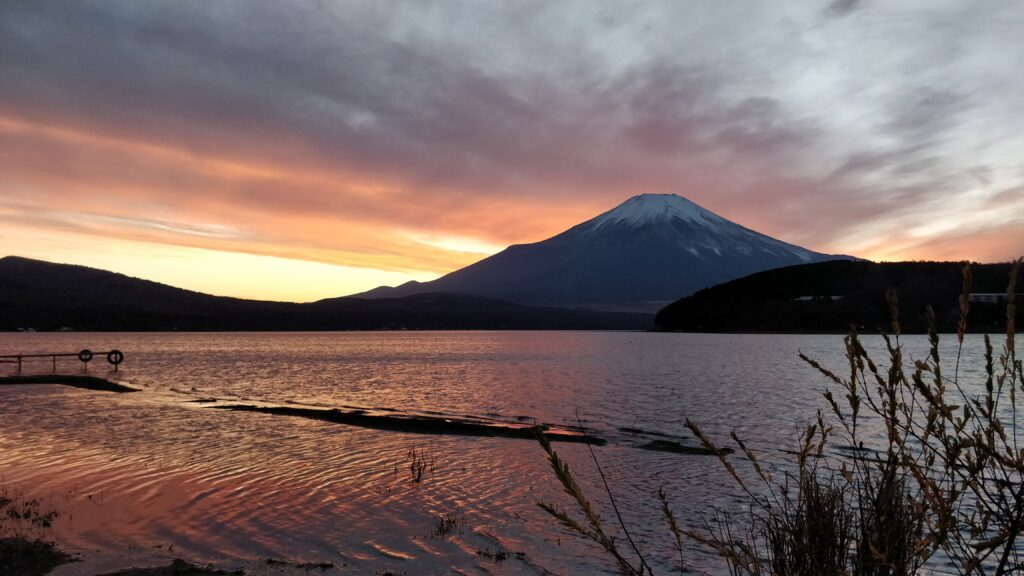
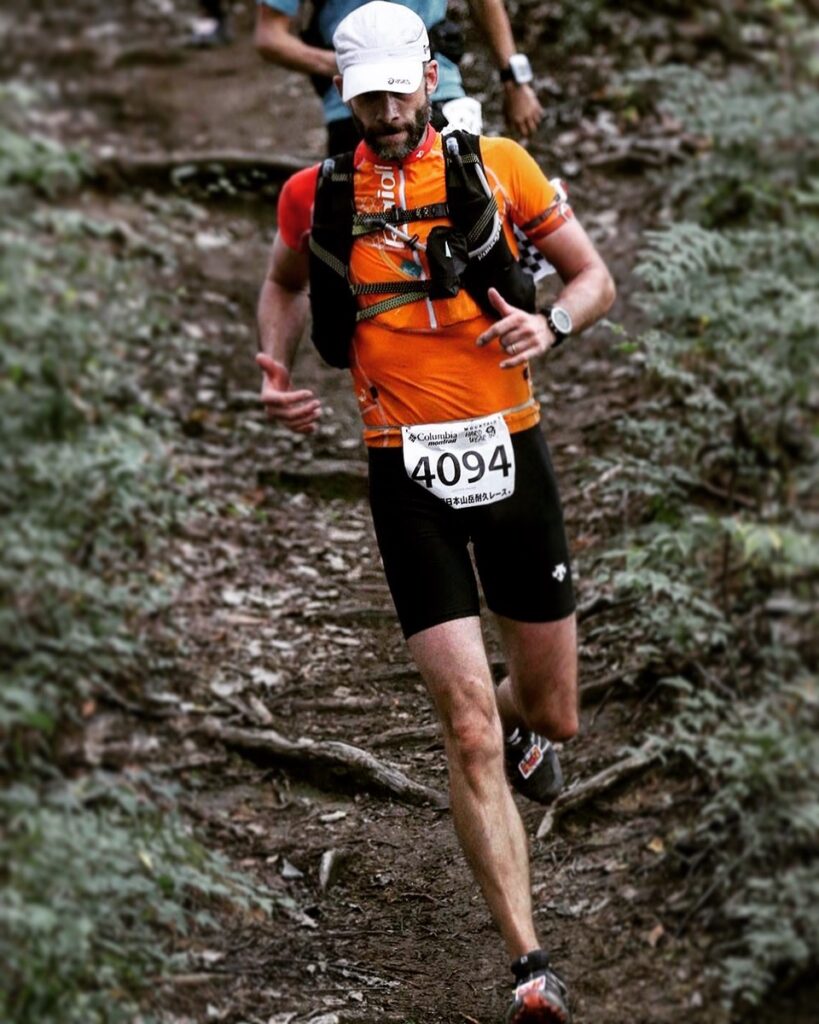
What do you do in Japan?
I started my own company, 3776D, as an outdoor guide, proposing trail running and hiking session around Mount Fuji 5 lakes area, and private Mount Fuji ascents. My office stands in a wood lodge with a beautiful view of the volcano from the guest room.
Where do you live? How do you feel to live there?
Yamanakako village, I love this place. I discovered it when I was training trail running and I immediately thought “woahh, this is the place I want to be”. It’s the best convenient place: accessible mountains, forests, lakes, quiet, full of nature, sometimes wild, lots of trails, hidden secret places, not so far from Tokyo, and the best view of Mount Fuji.
When we decided to stay in Japan after my mission at the French embassy, I had to find a new job. During the 4 years, I was running many races in Japan, enjoying a lot of nature, meeting people, and living great experiences. It was my way of making tourism for discovering the country. And I was more and more convinced; that’s what I wanted to do: proposed such kind experiences.
And the day I found and visited this log house in the mountains, the adventure has begun.
Now I share my life between Tokyo (with my family) and Yamanakako (for work). I love both, because since the first time I came to Japan in 2000, I fell in love with Tokyo, but Yamanakako is resourcing me, my passion became my job, I’m fully appreciating nature, and the equilibrium is perfect.
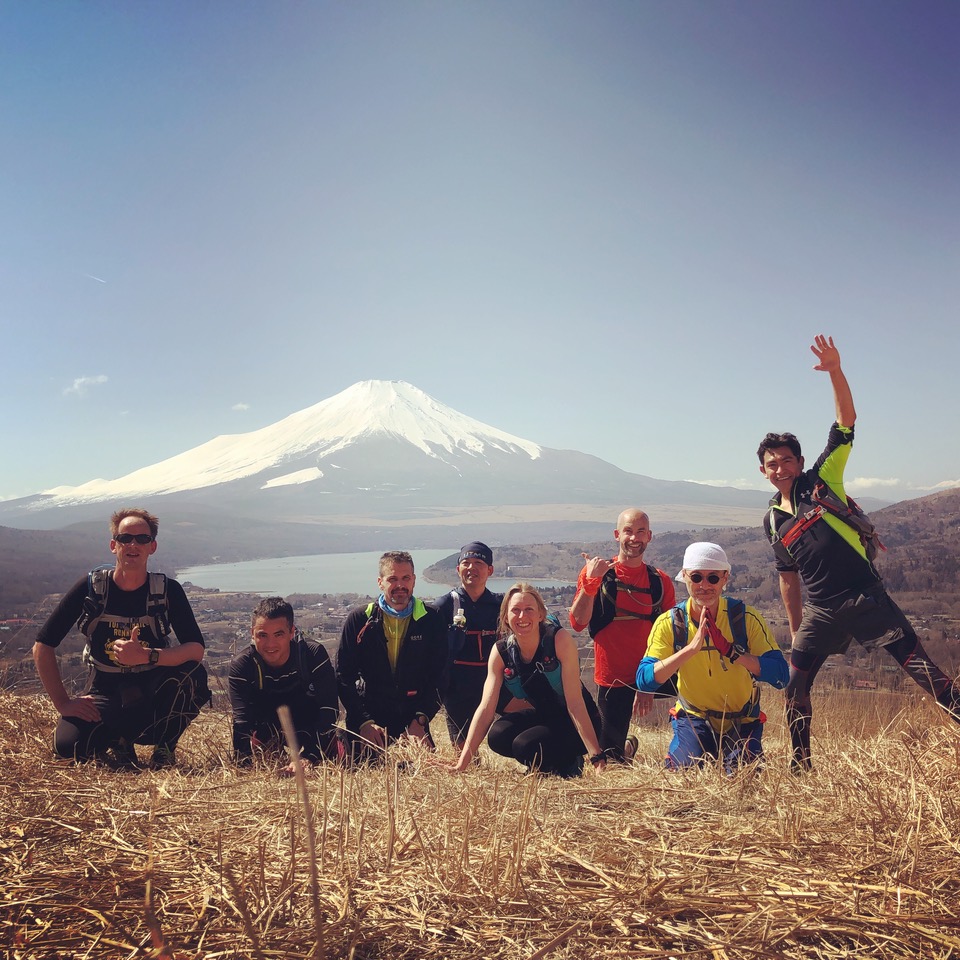
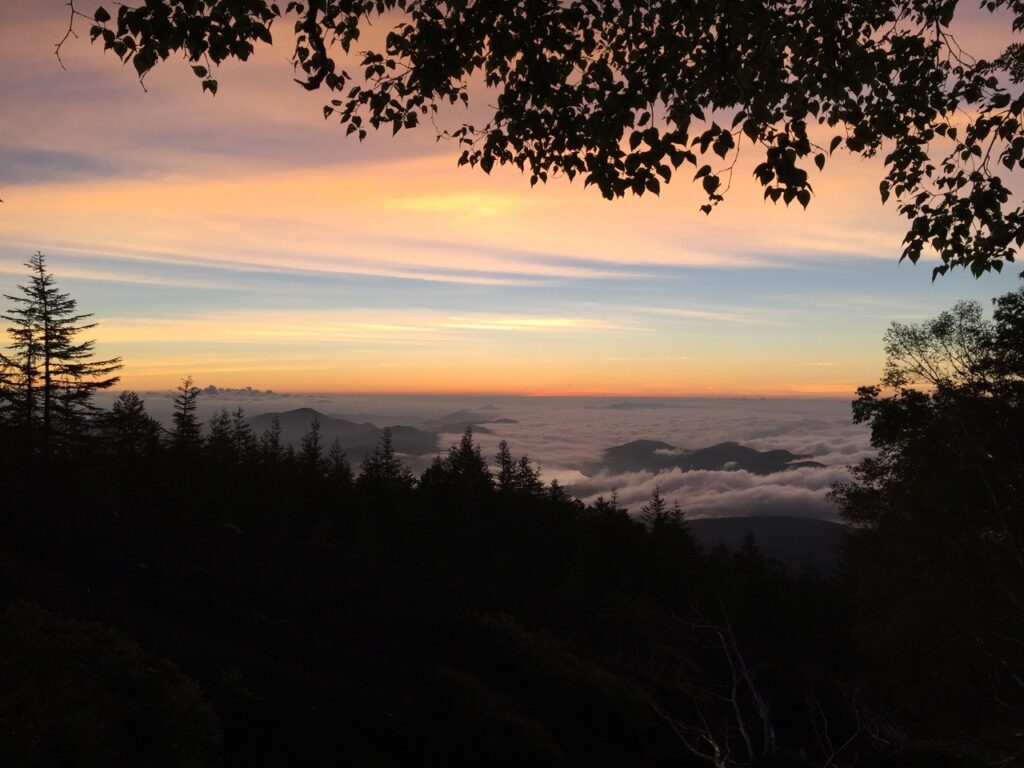
What is the distinctive difference between your country’s and Japanese lifestyle?
I like rules, safety, collectivity and punctuality. Previously during the 21 years, I was a “gendarme”, it’s kind of a policeman in France. Life in Japan represents all I was expecting from my own country.
What do you miss about your maternal country living in Japan?
May be frankly speaking. Tatemae is hard to feel and understand. After a discussion, you always have to keep in mind: Was it an honest speech or just a polite speech?
What do you find different about living in Japan over the term compared to when you first arrived or came as a tourist?
As a tourist, you often see Japan like a perfect country (safety, honesty, cleanliness…), and everybody says “I want the same at home”, because they only appreciate the result. As a resident, you go deeper, and you understand how they come to these results. Sometimes it is not so enjoyable, full of personal restrictions.
Which places in Japan do you recommend that foreigners see?
Fuji five lakes obviously. But I have a restricted knowledge of this country. I can’t judge if a place is better than another. All places are charming. I just would say “go and enjoy.”
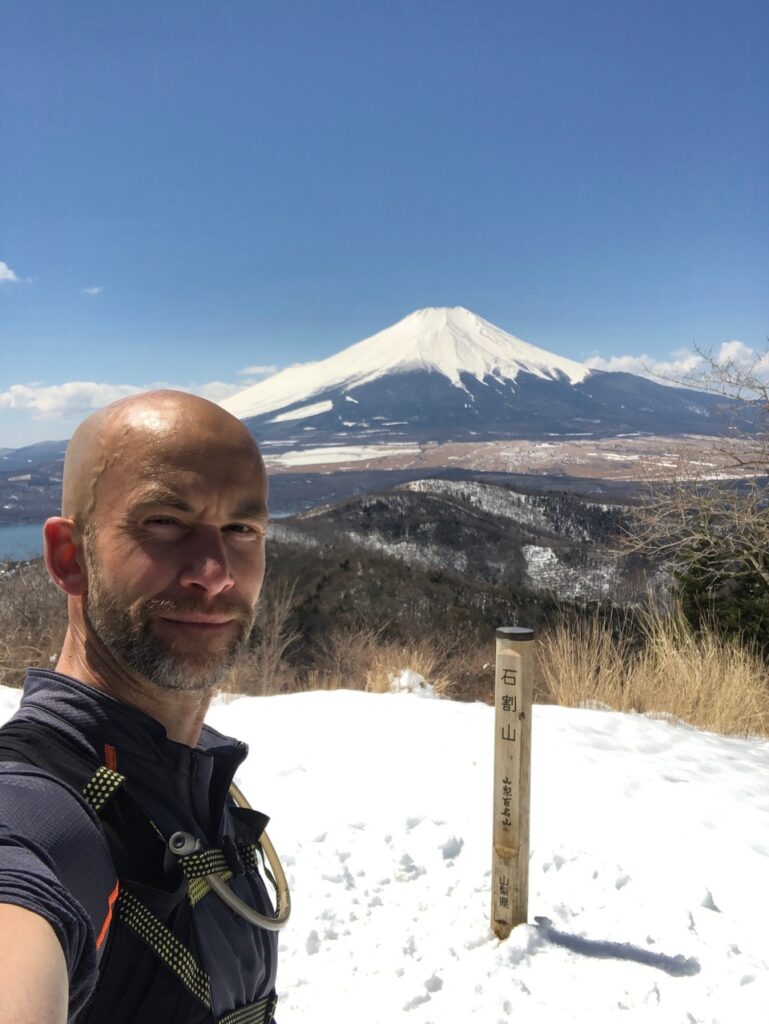
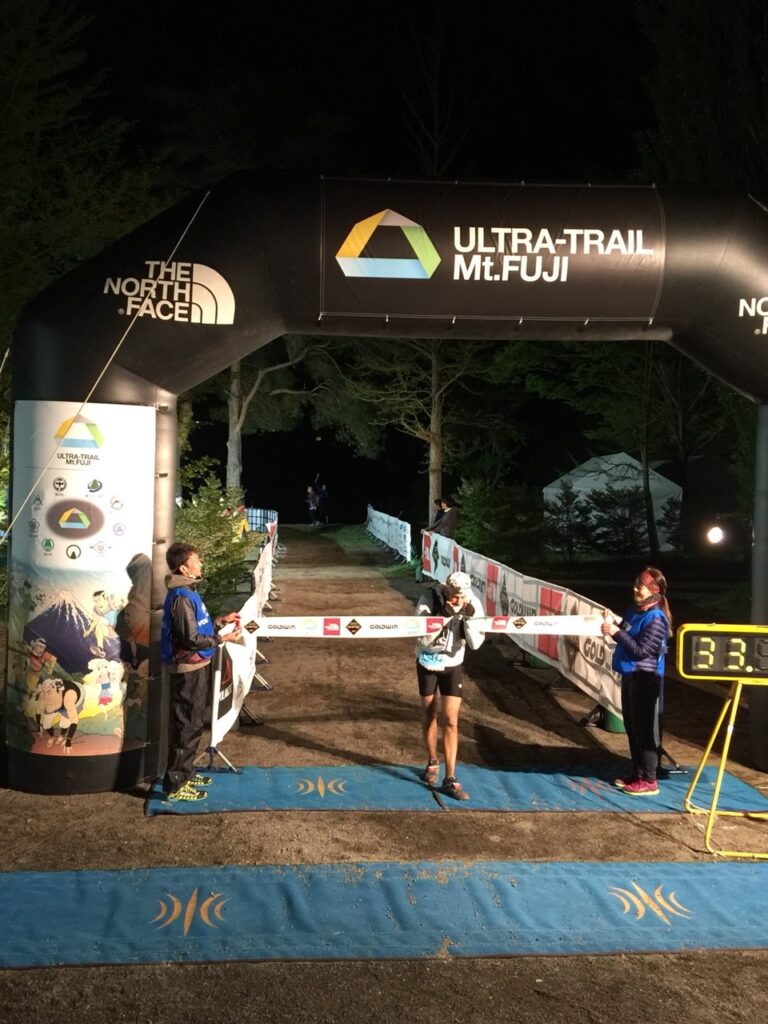
What parts of Japanese culture do you recommend that foreign people try to experience?
I suggest people to experience races in Japan (road or trail running races) because it’s magic. Japanese people are deeply involved in such events. Crowd is cheering you as nowhere else. It’s a really unforgettable travel souvenir, especially around Mount Fuji! Just one thing, don’t forget to register early, Japanese people love to run and races are usually full.
Are there any aspects of the Japanese culture or its people that you find bizarre or unique?
Their abnegation is unique. It means lots of sacrifices. I’m not sure if I am able to do the same.
What are your favorite Japanese foods?
Pastry, they chefs studied in France and now they cook better than the French chefs.
After moving to Japan did you have any funny experiences?
Living in Japan has its daily funny experiences, simply going to a conbini: food, drink, service.
Would you like to continue to live in Japan for the rest of your life?
I would like to stay, and my family too. But who can predict what will be tomorrow.
V




